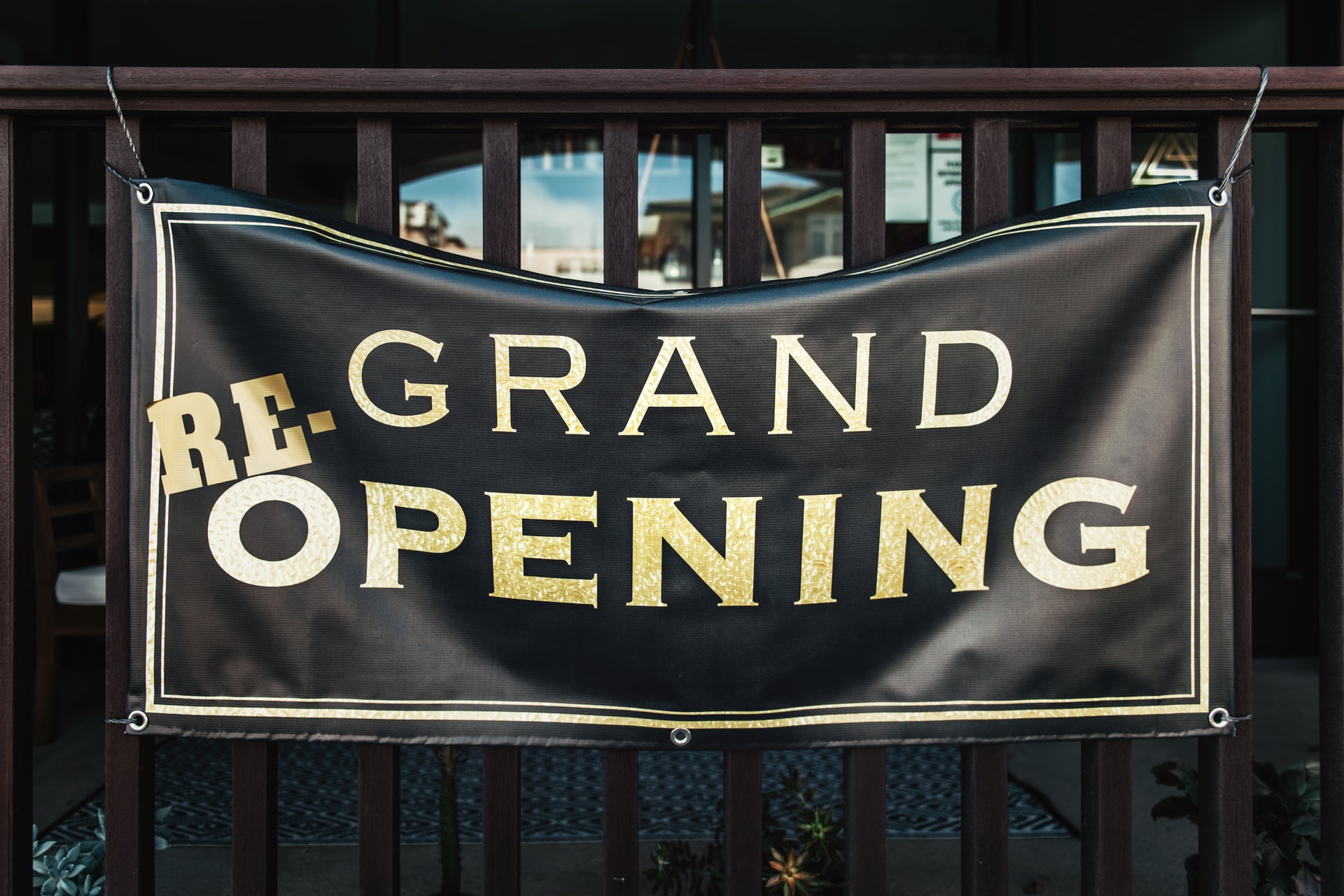Victimhood is central to popular analyses of the impact of the COVID-19 pandemic. While the scramble for victimhood was central to our political discourse prior to 2020, government bailouts have exacerbated this narrative. Individuals must now compete to create the most compelling story in order to receive aid. Among those fighting for the spotlight are public school teachers, female university faculty, and the very sympathetic airline executives. Part of the problem is that natural safety networks such as family and the church have degraded to the point that the closest supports are unavailable. Instead of going to the most proximate source of aid, every group needs to petition a national or state government. Our presuppositions about the human person reveal how we approach policy within the pandemic. Surely some events are beyond our control, but that is not the final word. We can only seek proper policy when we move beyond narratives of victimhood and human powerlessness and embrace a realistic vision of the human person as one who actively responds to changes and seeks to overcome problems. When we dismiss human agency when examining the disruption from the COVID-19 pandemic, we also discard part of the solution.
A new trend of small business creation provides a counternarrative to that of victimization. Businesses are creatively adapting to the pandemic. According to a new report in the Wall Street Journal, individuals are also creating new enterprises. “To adapt to the pandemic and the job loss it unleashed, more Americans are becoming their own bosses, setting up tiny businesses to work as traveling hair stylists, in-home personal trainers, boutique mask designers and chefs,” it says.
These tiny solutions do not corroborate the story that the pandemic has fully paralyzed workers. Within disruption, these individuals have analyzed the situation, made plans, and carried them out. In some cases, individuals have been able to make more in their new venture than the job they lost. The great variety of solutions also shows up in the aggregate: “Census Bureau data show that applications by businesses not expected to have employees surged 32% in the first nine months of 2020 from a year earlier.”
Entrepreneurs satisfy consumer needs by reacting to changing circumstances. Change is not unique to the pandemic. Problems solvers in the economy are always adapting to shifting circumstances. According to economist Ann Rathbone Bradley:
The role of entrepreneurs, big and small, is to ascertain the most pressing needs of consumers and rush to fill those needs. Almost overnight, some of our most pressing needs have changed: vaccines, ventilators, hand sanitizer. The market is working by allowing people to fill those needs as quickly as possible. Markets are about human discovery, and they provide the setting for each of us to use our human creativity to care for each other.
Are humans primarily passive victims of events or are they capable of actively adapting to shifting circumstances? The trend towards small boutique business is evidence of the latter. Of course, some incidents are beyond the control of an individual; still, other events and choices are within his or her control. This is not to minimize the true suffering due to the pandemic but instead to suggest that not everything can be broken into categories of victim and victimizer. In fact, if we want to minimize suffering, we must empower entrepreneurs to be free to seek out novel solutions. Making policy based on a fictional, powerless individual will only exacerbate real suffering. Our ability as a society to quickly and effectively adapt to changes is vital to our general prosperity. Do we want a society defined by various grievance groups jockeying for position or one defined by dynamic entrepreneurs who are able to create novel solutions?

